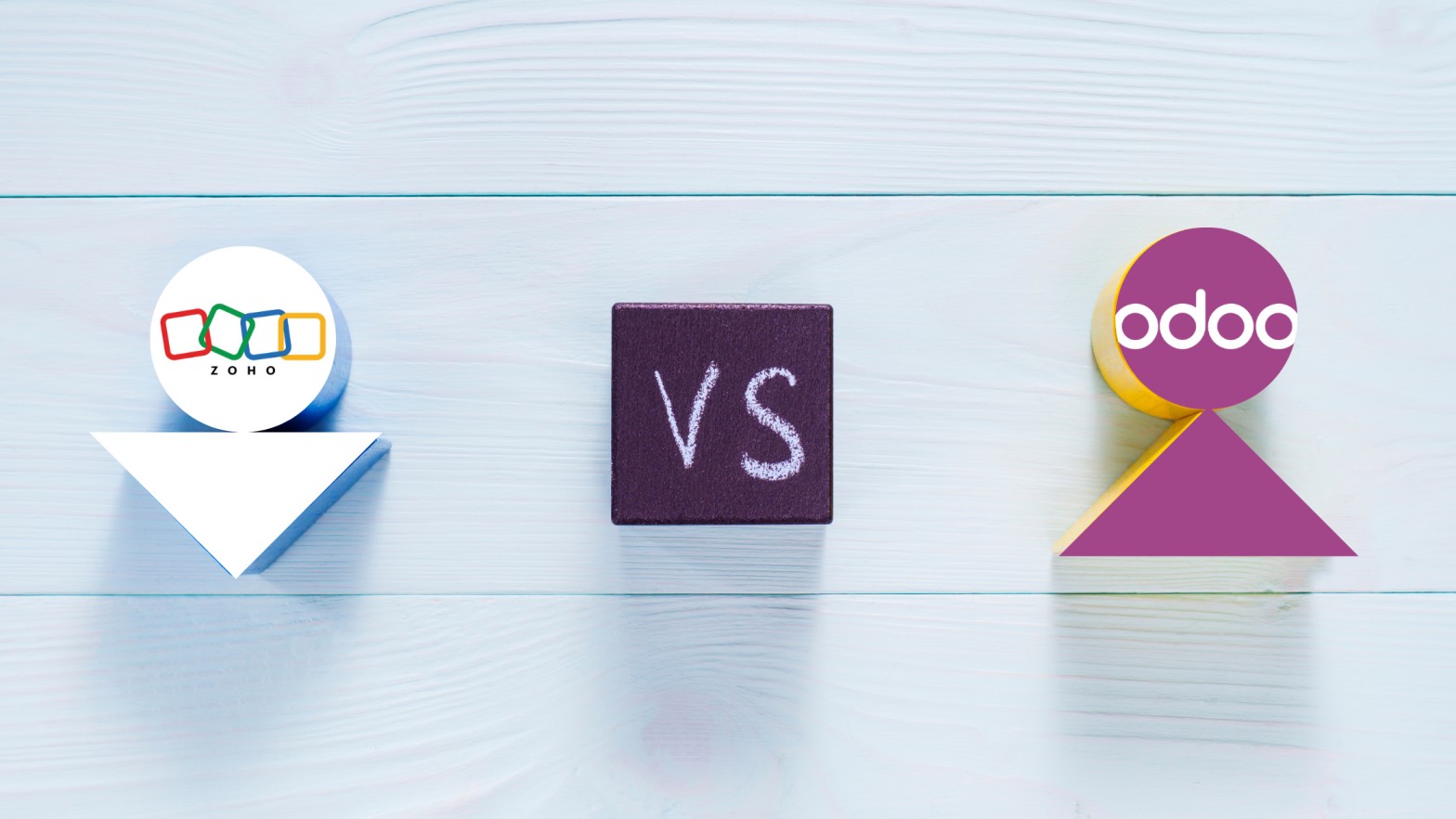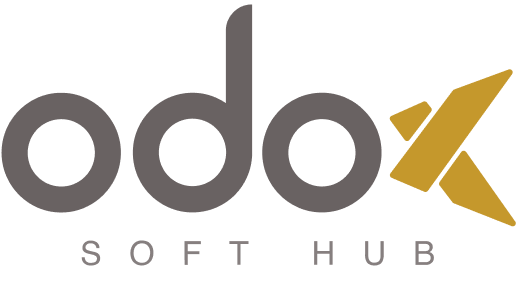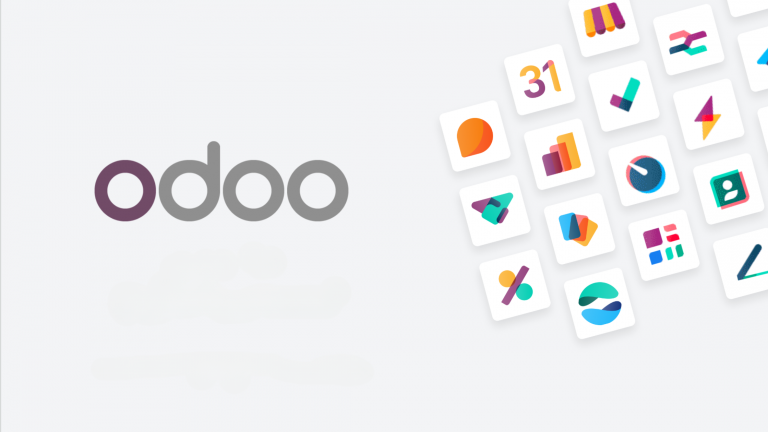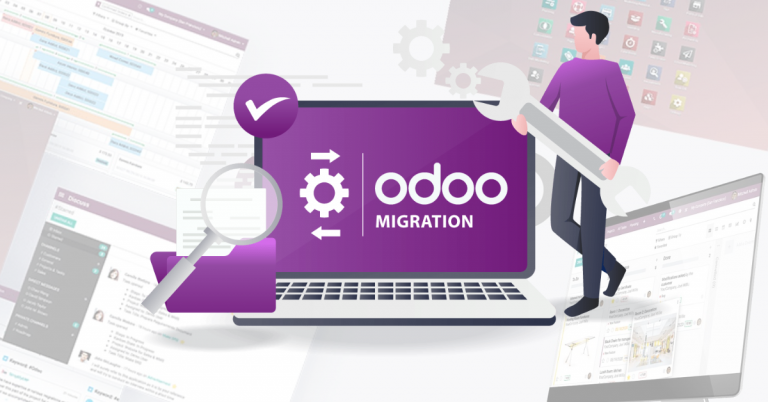
Choosing the Right Solution for Your Business
When it comes to selecting an all-in-one business management software, Odoo and Zoho are two prominent options that often come up in discussions. Both platforms offer a comprehensive suite of tools designed to manage operations, improve efficiency, and enhance productivity. They have distinct features, pricing models, and target audiences that can influence your decision.
Odoo is an open-source ERP (Enterprise Resource Planning) software that provides a wide array of integrated business applications. Its modular approach allows businesses to customize the software according to their specific needs, making it highly flexible and scalable.
Zoho, on the other hand, is a cloud-based suite of business applications that covers various aspects of business management, including CRM (Customer Relationship Management), finance, HR, and more. Zoho emphasizes ease of use and seamless integration between its apps, catering primarily to small and medium-sized enterprises (SMEs).
Key Differences
- Customization and Flexibility
- Odoo: Known for its high level of customization, Odoo allows businesses to modify the source code and tailor the software to fit their unique requirements. This makes it a powerful solution for companies with specific needs that may not be met by out-of-the-box software.
- Zoho: While Zoho offers a wide range of applications that can be easily integrated, it is less customizable compared to Odoo. Zoho’s focus is more on providing ready-to-use solutions that are quick to implement.
- Pricing
- Odoo: Odoo’s pricing can be complex due to its modular nature. The open-source community version is free, but it lacks some advanced features. The enterprise version, which includes additional functionalities and support, involves licensing fees based on the number of users and modules used.
- Zoho: Zoho employs a straightforward subscription-based pricing model. Users can choose from different plans based on the number of users and the specific applications they need. This model is typically more predictable and easier to budget for SMEs.
- Implementation and Support
- Odoo: Implementing Odoo can be more challenging and time-consuming, especially for businesses that opt for extensive customization. However, Odoo partners and a large community of developers are available to assist with implementation and support.
- Zoho: Zoho is designed for quick deployment with minimal setup time. Its cloud-based nature eliminates the need for complex installations, and users can access a robust support system, including tutorials, customer service, and a network of certified consultants.
- User Experience
- Odoo: The user experience in Odoo can vary depending on the level of customization. While it offers a broad range of features, the interface might be overwhelming for users without technical expertise. However, its flexibility allows businesses to create a tailored user experience.
- Zoho: Zoho is renowned for its user-friendly interface. The applications are designed to be intuitive, making it easy for users to navigate and perform tasks without extensive training. This simplicity is particularly beneficial for small businesses and teams with limited IT resources.
- Integration and Ecosystem
- Odoo: Odoo’s modular system allows seamless integration between its apps and with third-party applications. The open-source nature encourages a thriving ecosystem of add-ons and plugins developed by the community.
- Zoho: Zoho offers a tightly integrated ecosystem of apps that work together harmoniously. Additionally, Zoho integrates with a wide range of third-party services and provides tools like Zoho Flow to facilitate automation and integration between different platforms.
Odoo and Zoho emerge as two formidable contenders
Both offer extensive features to streamline and enhance your business operations, but their distinct approaches and capabilities can significantly influence which is the right fit for your organization.
Customization and Flexibility
Odoo:
- Pros: Odoo’s open-source nature makes it highly customizable. Businesses can modify the source code to create tailored solutions that precisely match their workflows and requirements. This flexibility is invaluable for companies with unique or complex processes that off-the-shelf solutions can’t adequately address.
- Cons: The high level of customization can lead to increased complexity and longer implementation times. Businesses might need to invest in development resources or hire specialized Odoo consultants to fully leverage this capability.
Zoho:
- Pros: Zoho’s applications are designed to be ready-to-use with minimal customization needed. This simplicity translates to faster implementation times and a lower learning curve for users. Zoho also offers customization options, though they are more constrained compared to Odoo.
- Cons: Limited customization may be a drawback for businesses with very specific needs that require bespoke solutions. While Zoho’s range of applications is extensive, they might not cover every unique requirement out of the box.
Pricing and Cost Structure
Odoo:
- Pros: The open-source community version of Odoo is free, which can be a major advantage for startups and small businesses with tight budgets. The modular pricing for the enterprise version allows businesses to pay only for the functionalities they need.
- Cons: The total cost can escalate quickly with the addition of various modules and users. Customization and implementation services can also add to the overall expense, potentially making it a costly option for businesses without technical expertise.
Zoho:
- Pros: Zoho offers transparent, subscription-based pricing. Businesses can choose from various plans, scaling the cost according to their needs and the number of users. This model provides predictability and easier budget management.
- Cons: While the pricing is straightforward, it can become expensive as businesses scale and require more applications and users. Additionally, some advanced features may be locked behind higher-tier plans.
Implementation and Support
Odoo:
- Pros: Odoo’s implementation can be highly tailored, providing a perfect fit for businesses that invest the necessary time and resources. A wide network of Odoo partners and a vibrant community offer extensive support and resources.
- Cons: Implementation can be time-consuming and complex, especially for businesses opting for significant customization. The need for technical expertise can increase dependency on external consultants, adding to the overall cost.
Zoho:
- Pros: Zoho’s cloud-based applications are designed for rapid deployment, minimizing the setup time and technical overhead. Comprehensive support resources, including tutorials, customer service, and a network of certified consultants, enhance user experience.
- Cons: While the initial setup is easy, more complex customizations or integrations might require professional assistance, potentially increasing the time and cost.
User Experience and Ease of Use
Odoo:
- Pros: The user interface can be tailored to match specific business needs, providing a customized experience. The comprehensive feature set can handle complex business processes effectively.
- Cons: The default interface might be less intuitive for users without technical backgrounds, and extensive customization can complicate the user experience.
Zoho:
- Pros: Zoho is known for its clean, user-friendly interface. The ease of use reduces the training time and improves user adoption rates, which is particularly beneficial for SMEs and businesses with limited IT resources.
- Cons: Simplicity can sometimes come at the expense of depth, and advanced users might find certain functionalities lacking compared to more complex systems like Odoo.
Integration and Ecosystem
Odoo:
- Pros: The modular architecture of Odoo allows seamless integration between its own applications and with a wide range of third-party tools. The open-source community contributes a variety of plugins and extensions to enhance functionality.
- Cons: Integration might require technical expertise, especially when dealing with complex third-party systems or custom-built applications.
Zoho:
- Pros: Zoho offers a tightly integrated suite of applications that work cohesively. Zoho Flow, their integration platform, simplifies connecting Zoho apps with other third-party services, automating workflows across different systems.
- Cons: While integration within the Zoho ecosystem is smooth, integrating with certain external systems might present challenges, depending on the complexity of the required connections.
Industry-Specific Solutions
Odoo:
- Pros: Due to its customizable nature, Odoo can be tailored to fit the needs of various industries, including manufacturing, retail, healthcare, and more. Industry-specific modules and vertical solutions are available.
- Cons: Customization for industry-specific requirements can be time-consuming and may necessitate professional services.
Zoho:
- Pros: Zoho offers industry-specific solutions and templates designed to meet the needs of sectors like finance, healthcare, education, and more. These pre-built solutions can accelerate deployment and reduce customization efforts.
- Cons: The industry-specific offerings might not be as deeply tailored as those available with a more customizable platform like Odoo.
Conclusion
Odoo’s high level of customization and flexibility makes it suitable for businesses with complex and unique requirements, especially those willing to invest in development and customization. Zoho, with its user-friendly, cloud-based approach, is ideal for SMEs seeking an integrated, easy-to-use solution with quick deployment.
When choosing between Odoo and Zoho, consider your business’s specific needs, budget, technical capabilities, and long-term goals. Evaluating these factors carefully will help you select the platform that will best support your business’s growth and operational efficiency.
Choosing between Odoo and Zoho ultimately depends on your business’s specific needs, resources, and long-term goals. If your business requires extensive customization, scalability, and is willing to invest time in implementation, Odoo could be the ideal choice. On the other hand, if you’re looking for an easy-to-use, cost-effective solution with quick deployment, Zoho might be the better fit.
Both Odoo and Zoho offer robust solutions that can transform your business operations. Carefully evaluate your requirements, budget, and technical capabilities to make an informed decision. Regardless of the choice, implementing an integrated business management system like Odoo or Zoho can significantly enhance your operational efficiency and drive business growth.






